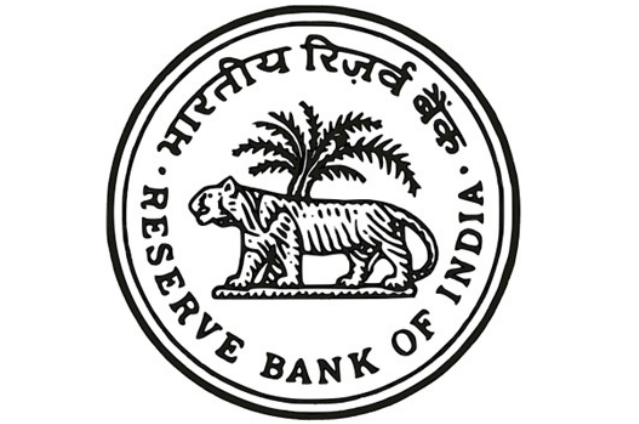Reserve Bank of India (RBI) has announced the launch of India's much-awaited Central Bank Digital Currency (CBDC). It can be regarded as an official cryptocurrency which is going to be effective for retail users from December 1.
It's just going to be the first phase of a pilot project. The project will initially cover the four cities of Mumbai, Delhi, Bengaluru, and Bhubaneswar, where customers and merchants will be able to use the digital rupee or e-rupee. Four commercial banks will be involved in the launch of digital currency such as ICICI Bank, Yes Bank, and IDFC First Bank.
The coverage will be subsequently extended to the cities of Ahmedabad, Guwahati, Hyderabad, Lucknow, Patna, and Shimla. The RBI also talks about the later extension of some more commercial banks in the project.
The retail e-rupee will be an electronic version of cash and will be primarily meant for retail transactions. It will be basically available for use by all the private sector businesses. It will be able to provide access to safe money as it will be the direct liability of the central bank.
CBDC is the legal tender issued by a central bank in digital form. It is the same as a fiat currency and is exchangeable one-to-one with the fiat currency. Only it's form is different.
It will be issued in the same denominations as paper currency and coins and will be distributed through banks. Users will be able to transact with the digital currency through a digital wallet offered by the participating banks. Transactions can be both person-to-person and person-to-merchant. Payments to merchants can be done by scanning QR codes.
The digital currency would offer features of physical cash like trust, safety, and settlement finality. Based on considering the different levels of accessibility, RBI has demarcated the digital rupee into two categories:- retail and wholesale purposes. Earlier this month, the RBI launched the digital rupee for the wholesale segment to settle secondary market transactions. Wholesale CBDC is restricted access to financial institutions.
The pilot project will test the robustness of the entire process of digital rupee creation, distribution, and retail usage. Different features and applications of digital currency will be tested further depending on the results of the pilot project.
The motivation to introduce CBDC in India is to reduce the operational costs involved in physical cash management, foster financial inclusion, and bring efficiency and innovation to the payment system.
The system with it's benefits will also bring concerns such as money laundering, terror financing, tax evasion, etc.
Nonetheless, introducing CBDC can be seen as a means to bridge the advantages and risks of digital currency.
. . .
References:
- indianexpress.com
- bloomberg.com
- outlookindia.com

